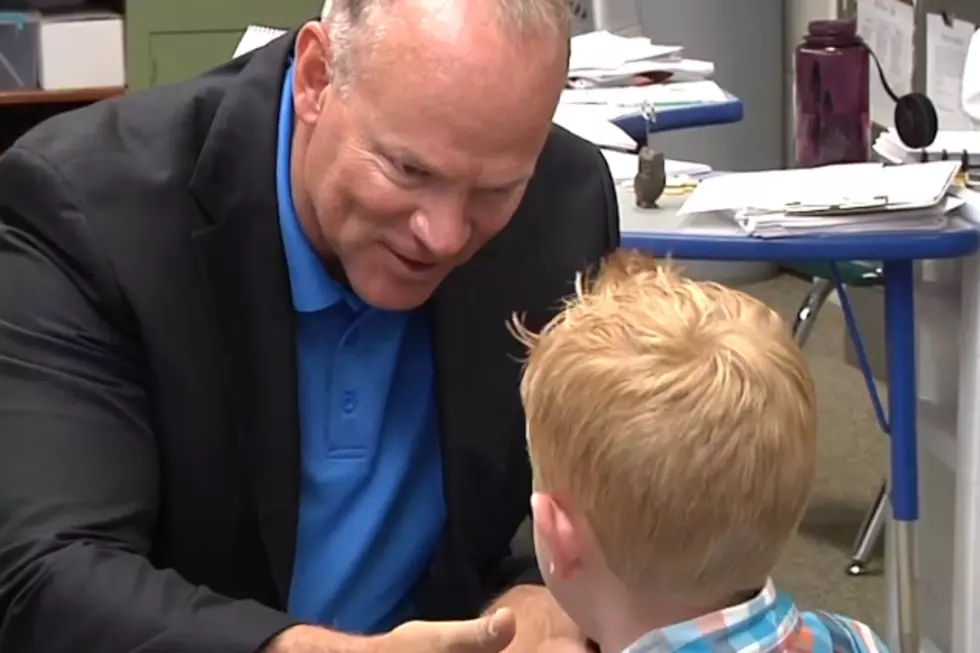
– RESEARCH DONE ON ONLINE LEARNING VS. FACE-TO-FACE CLASSROOM LEARNING
~~By Donna Garner~~
========
Community College Research Center – Online Courses – Study published 2010, 2011 BY Xu and Jaggers
What do we know about community college student performance in fully online courses?
A CCRC study of Washington State community and technical college students found that among all courses taken by all students, completion rates in online courses were lower by 5.5 percentage points. Overall, online courses are more popular among better-prepared students; therefore, the researchers also compared completion rates of online and face-to-face courses for students who had ever enrolled in an online course (or “ever-online” students). Among all courses taken ever-online students, the completion rate for online courses was 8.2 percentage points lower (Xu & Jaggars, 2011).
Among English courses taken by ever-online students, the online completion rate was 12.8 percentage points lower, and among math courses, the online completion rates was 9.8 percentage points lower. Students who took higher proportions of online courses were slightly less likely to attain a degree or transfer to a four-year college than those who took fewer online courses (Xu & Jaggars, 2011).
A CCRC study of Virginia Community College System students found that among all courses taken by all students, the online completion rate was 12.7 percentage points lower. Among ever-online students, online course completion was 14.7 percentage points lower. The online completion rate for English courses was 16.1 percentage points lower, and online completion rate for math courses was 18.7 percentage points lower (Xu & Jaggars, 2010).
The same study found that among ever-online students, the completion rate for online developmental English was 22.3 percentage points lower, and the completion rate for online developmental math was 22.1 percentage points lower (Xu & Jaggars, 2010).
Do some students perform better than others in fully online courses?
A recent CCRC study finds that while all community college students show a decrement in performance in fully online courses, some students show a steeper decline than others, including males, students with lower prior GPAs, and Black students. The performance gaps that exist among these sub-groups in face-to-face courses become more pronounced in fully online courses. For instance lower performing students (<3.02 GPA) are 2 percent more likely to drop out of face-to-face courses than higher performing students (>3.02 GAP). In online courses they are 4 percent more likely to drop out. Black students overall receive a .3 point lower grade than White students in face-to-face courses (2.7 v. 3.0). In fully online courses, they receive a .6 point lower grade (2.2 v. 2.8) (Xu & Jaggars, 2013).
==============
7.6.13 – Los Angeles Times
Excerpts from this article:
But it remains unclear whether online remedial courses work better for students than traditional instruction.
One study, by the Community College Research Center at Teachers College, Columbia University, found that students who took remedial classes online were far more likely to withdraw or fail compared with students who took traditional classes. In basic English, for example, the failure and withdrawal rate was twice as high, according to the study.
…Some educators say online remedial classes are a bad fit for students who test far below college level and lack the self-motivation, study habits — or even the technical savvy — to complete the class.
They argue that those students who need the most personal attention end up getting the least in online classes.
"If you come to me and you're reading at a sixth-grade level and hoping you get the feedback and instruction you need [online], you're assuming a lot," said Patti Levine-Brown, president of the National Assn. for Developmental Education, who has helped develop online courses around the country.
By all accounts, traditional remedial courses are failing the students they are intended to help.
In California's community college system, 85% of entering freshmen need remedial English, 73% remedial math. Only about a third of these students end up transferring to a four-year school or graduating with a community college associate's degree.
It's a costly failure. The Cal State and community college systems are estimated to spend more than $530 million each year on remedial English, reading and math courses on their campuses.
Because of the increasing crowding at California's public universities and colleges, Gov. Jerry Brown has been urging administrators to embrace online education.
Not only are those classes significantly cheaper, but they also can enroll many more students at the same time.
To read the full article, please go to: “Online remedial classes get an A for effort but need work” by Carla Rivera, Los Angeles Times, 7.6.13 --
================
3.16.13 – Seattle Times
Excerpts from this article:
It’s one of the most hyped ideas in higher education today — the hope that college courses taught online can drive down the cost of a degree, and make it easier for working students to complete their college education.
But a new study comparing the success rates of online and traditional, face-to-face courses taught at Washington’s community colleges shows more students drop out, and fewer get a passing grade, when they take a class online than when they take it in a classroom.
And the students who fare the worst are those who are already struggling in college, raising the possibility that a push to more online classes could exacerbate the higher-education achievement gap.
The study was done by the Community College Research Center at Teachers College, Columbia University, at the request of Washington’s community colleges.
The data included results from 500,000 courses taken by 40,000 students over four years — tapping into “a strong and robust data system” the state keeps on success rates in community colleges, said Shanna Smith Jaggars, assistant director of the research center.
Smith Jaggars, who was one of the study’s authors, said many previous studies comparing online and in-class course success have been limited in scope, usually only comparing the results of a single course taught in-person at a four-year college to the same course taught online.
Those studies often show that online is just as good as in-person, she said.
But the study of Washington’s community colleges — and a comparable study of Virginia’s — is much broader because it analyzes a whole system over an extended time period, she said.
It found that males, black students and students with lower levels of academic preparation were the ones most likely to fail to finish a class, or get a lower grade. Those groups already have lower performance levels in college, and the gaps worsened in online courses.
“If this pattern holds true across other states and educational sectors, it would imply that the continued expansion of online learning could strengthen, rather than ameliorate, educational inequity,” the study says.
In the Virginia study, “the main thing that was really frustrating about online courses is they (students) found it difficult to connect with the instructor,” Smith Jaggars said. “Students said to us that they often felt like they were teaching themselves.”
And even though technology has evolved in recent years, the online class success rate has not improved, Smith Jaggars said.
On average, about 85 percent of students who start a Washington community college course complete it successfully, said Connie Broughton, director of eLearning and Open Education for the Washington State Board for Community and Technical Colleges.
Online courses have completion rates that are 6 to 10 percentage points lower, she said.
“Maybe working online calls out those skills that these students don’t have yet,” Broughton said. “It may be reading — they may read slow. Or keyboarding.”
…Online courses cost the students, and the state, about the same amount as courses taught face-to-face, Broughton said.
“One thing that’s pretty clear — students who do worse online, as the study points out, are students who are already challenged to be in school,” she said…
To read the full article, please go to “Online classes may worsen educational achievement gap, study shows” by Katherine Long, Seattle Times -- http://seattletimes.com/html/localnews/2020577099_onlinecollegexml.html
Donna Garner
More From KGAB









